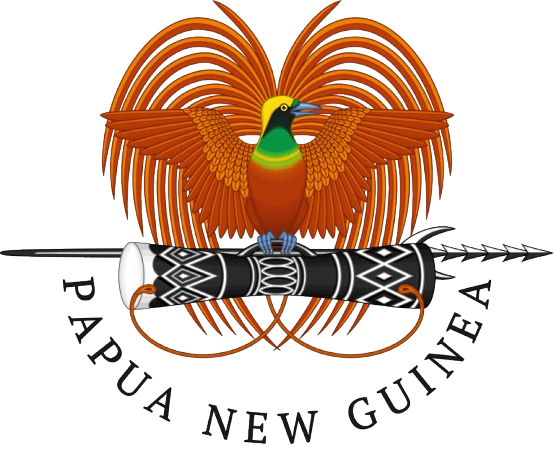STI Program
SEXUALLY TRANSMITTED DISEASE PROGRAM
Combating STIs for a Healthier Community
What is the Sexually Transmitted Disease Program?
The Sexual Transmitted Disease (STI) Program is dedicated to reducing the burden of communicable diseases in the community. Sexually Transmitted Infections (STIs) are primarily passed through unprotected sexual intercourse. The program focuses on preventing, promoting awareness about, and treating individuals with STIs. It also addresses the critical issue of mother-to-child transmission, where a pregnant woman can pass an infection to her baby. The program aims to raise awareness in communities, business houses, and among stakeholders, collaborating with health partners. It is rolled out through clinics at various entry points, where health workers identify, test, and treat individuals, documenting and reporting data to inform ongoing activity. The target beneficiaries include community members seeking care, particularly at clinic entry points, pregnant women, and other vulnerable individuals.
Key Benefits
- Preventing the spread of STIs within the community.
- Reducing the burden of illness and complications caused by STIs.
- Protecting vulnerable populations, including newborns, from infections passed from mother to child.
- Enabling early detection and treatment of STIs.
- Increasing public awareness and understanding of STIs and prevention methods.
- Contributing to overall community health and well-being.
Services Offered
- Prevention and Awareness:Conducting activities to promote awareness about STIs, their
prevention, and the importance of seeking care. This includes health education and counselling.
- Diagnosis and Testing:Providing testing services for STIs at various clinic entry points. This
includes the rollout of specific testing algorithms, such as the 3-Testing Algorithm for HIV and Syphilis.
- Treatment and Management:Offering treatment for diagnosed STIs, often utilizing a
syndromic treatment approach.
- Focus on Specific Diseases and Areas:Addressing specific conditions such as preventing
vertical transmission (Mother-to-Child Transmission), particularly focusing on congenital syphilis and neonatal conjunctivitis, and managing other STIs including HIV. The program also acknowledges the link between sexually transmitted infections (like HPV) and conditions such as Cervical Cancer in its focus areas.
- Reporting and Surveillance:Implementing a system for documenting patient encounters and
reporting data monthly to provincial and national health authorities for ongoing monitoring and program evaluation.
How to Access Services
Visit Your Nearest Health Centre or Clinic. Find below a list of health facilities providing STI services.
Moresby Northeast District
- 9 Mile clinic
- 6-Mile clinic
- Gordons Clinic
- Port Moresby General Hospital-Heduru Clini
- Port Moresby General Hospital-Antenatal Clinic
- Bomana CIS Clinic
Moresby Northwest District
- Gerehu General Hospital
- St. Pauls Clinic
- UPNG Clinic
- Morata Clinic
- Anglicare Begabari Clinic
- Tokara Clinic
- PNGDF Murray Barracks Clinic
- St. Therese Clinic
Moresby South District
- Badili Clinic
- Koki Salvation Army Clinic
- Lawes Road Clinic
- Kaugere Clinic
- PNGDF Taurama Barracks Clinic
- Pari Clinic
- Gereka Nazarene Clinic
- Metoria Health Centre
Resources & Downloads
World Health Organization (WHO) – Sexually Transmitted Infections (STIs)
https://www.who.int/health-topics/sexually-transmitted-infections
World Health Organization (WHO) – Fact Sheet on STIs
https://www.who.int/news-room/fact-sheets/detail/sexually-transmitted-infections-(stis)
US Centers for Disease Control and Prevention
https://www.cdc.gov/sti/?CDC_AAref_Val=https://www.cdc.gov/std/default.htm

